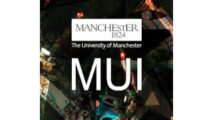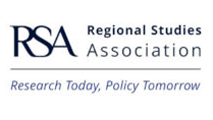A large part of research in the Geography of Innovation aims to understand the contribution of innovation to human welfare including the pressing societal challenges we face today (e.g., global warming, biodiversity loss, ageing). However, the larger part of our theoretical and empirical work adopts a narrow and economic view on welfare, focusing on productivity, income per capita and employment creation, mostly disregarding welfare distribution, sustainability, justice and quality-of-life.
Innovations have a broad variety of effects on well-being, for example, by shaping individuals’ capabilities, values and preferences and social interactions. The relationships between innovation and well-being is arguably heterogenous with important differences among socio-economic groups and territories. Moreover, If innovation policy is to be geared towards improving people’s well-being, taking this heterogeneity into account will be crucial. As the particular challenges innovation may address, will vary according to the circumstances and needs of different people, which will be determined to a large extent by the places they live in. What is largely missing is an exploration of the relationships between innovation and well-being, especially at urban and regional scales.
Building on Sen’s (1985) seminal work on capabilities and well-being in philosophy and the social sciences, and following more recent work on just transitions (Newell & Mulvaney, 2013), regional development and well-being (Tomaney, 2017), the dark side of innovation (Biggi & Giuliani, 2021), the foundational economy (Hansen, 2022) and innovation and well-being (Castellacci, 2022), this session proposes to study the various geographies of innovation and well-being. A broad encompassing well-being perspective helps to unravel the trade-offs and dilemmas between efficiency and equity, between short- and long-run impacts of innovation, between impacts within and between regions, between job creation and job loss, and between winners and losers of innovations and transitions. It also provides a policy framework to re-think innovation policy and its links to urban and regional policy, to sustainability policy, social policy and other policy domains.





